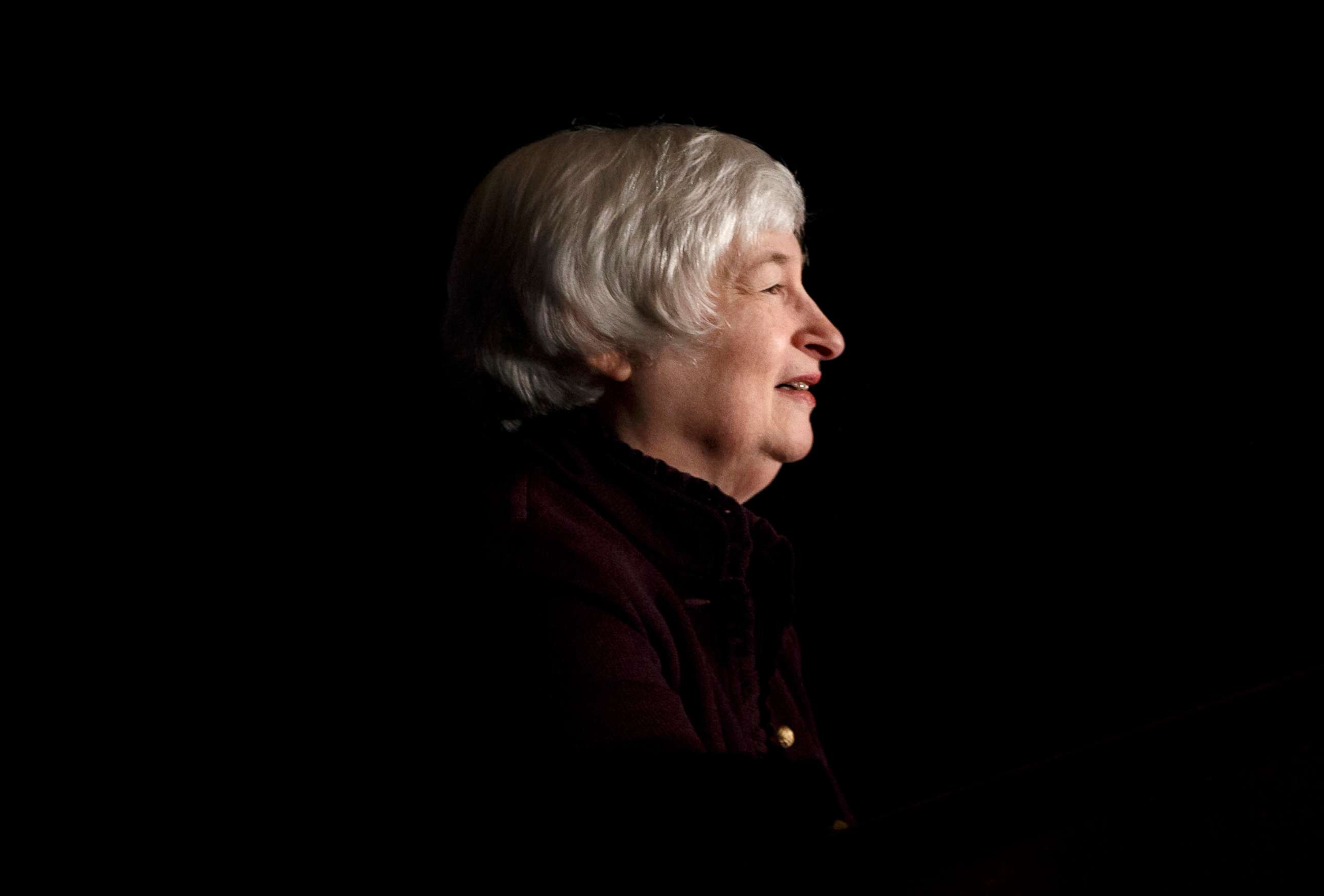US economy 'has never worked fairly for Black Americans,’ Treasury chief says
Fed data shows white families have 8 times the average wealth of Black families.
Treasury Secretary Janet Yellen discussed the systemic inequities still lurking in the U.S. economy and the work her department "needs to do to narrow the racial wealth divide," during remarks Monday at an event honoring the late Dr. Martin Luther King, Jr.
"From Reconstruction, to Jim Crow, to the present day, our economy has never worked fairly for Black Americans -- or, really, for any American of color," the Treasury chief said during the Rev. Al Sharpton's National Action Network's annual breakfast honoring the life and legacy of King.
On what would have been his 93rd birthday, Yellen reflected on how the late civil rights icon -- often referred to as the "moral leader of our nation" -- knew that, "economic injustice was bound up in the larger injustice he fought against."
Since taking office last January, Yellen said that she and her team have worked hard to "ensure that neither the figurative bank of justice -- nor any literal economic institution -- fails to work for people of color."
She said the Treasury has recently completed its first equity review, "looking across the department and asking: Where are our operations not as inclusive as they should be?"

Yellen added that they have also hired the department's first-ever counselor on racial equity and sought to hire the "most diverse leadership team in Treasury's history." She added that the Treasury was injecting some $9 billion into Community Development Financial Institutions and Minority Depository Institutions that seek to serve people and places that the financial sector historically has left out.
"Of course, no one program and no one administration can make good on the hopes and aspirations that Dr. King had for our country," Yellen said. "There is still much more work Treasury needs to do to narrow the racial wealth divide."
Data backs up Yellen's sentiments that there is still vast work needed to be done to address race-based economic disparities -- many of which were heightened over the past year as the COVID-19 pandemic took a disproportionate toll on communities of color.
The insidious legacy of slavery in the U.S., as well as decades of racist policies that followed, results in systemic economic issues that are still present today -- such as the racial wealth gap, experts said. A Brookings Institution report published last year said that the net worth of a typical white family ($171,000) is nearly 10 times greater than that of a Black family ($17,150) in America, with researchers saying the gaps in wealth between Black and white households "reveal the effects of accumulated inequality and discrimination, as well as differences in power and opportunity that can be traced back to this nation’s inception."
Separate and more-recent data from the Federal Reserve indicated that in 2019, the typical White family has eight times the wealth of the typical Black family and five times the wealth of the typical Hispanic family. The Fed dataset indicates that in 2019, the median wealth of a white family in the U.S. was $188,200 and the median wealth of a Black family was some $24,100. The data notably is before the COVID-19 pandemic hit Black and Latino communities with inordinate furor and in many cases widened the gap between the haves and have-nots.
The central bank researchers said inheritance and inter-generational gifting of wealth, as well as investments families make in their children (such as paying for college tuition) are a big factor in their children's ability to accumulate wealth.
"For these reasons, wealth (or a lack thereof) can persist across generations and reflect, among other factors, a legacy of discrimination or unequal treatment in housing, education, and labor markets," the Fed researchers wrote.




